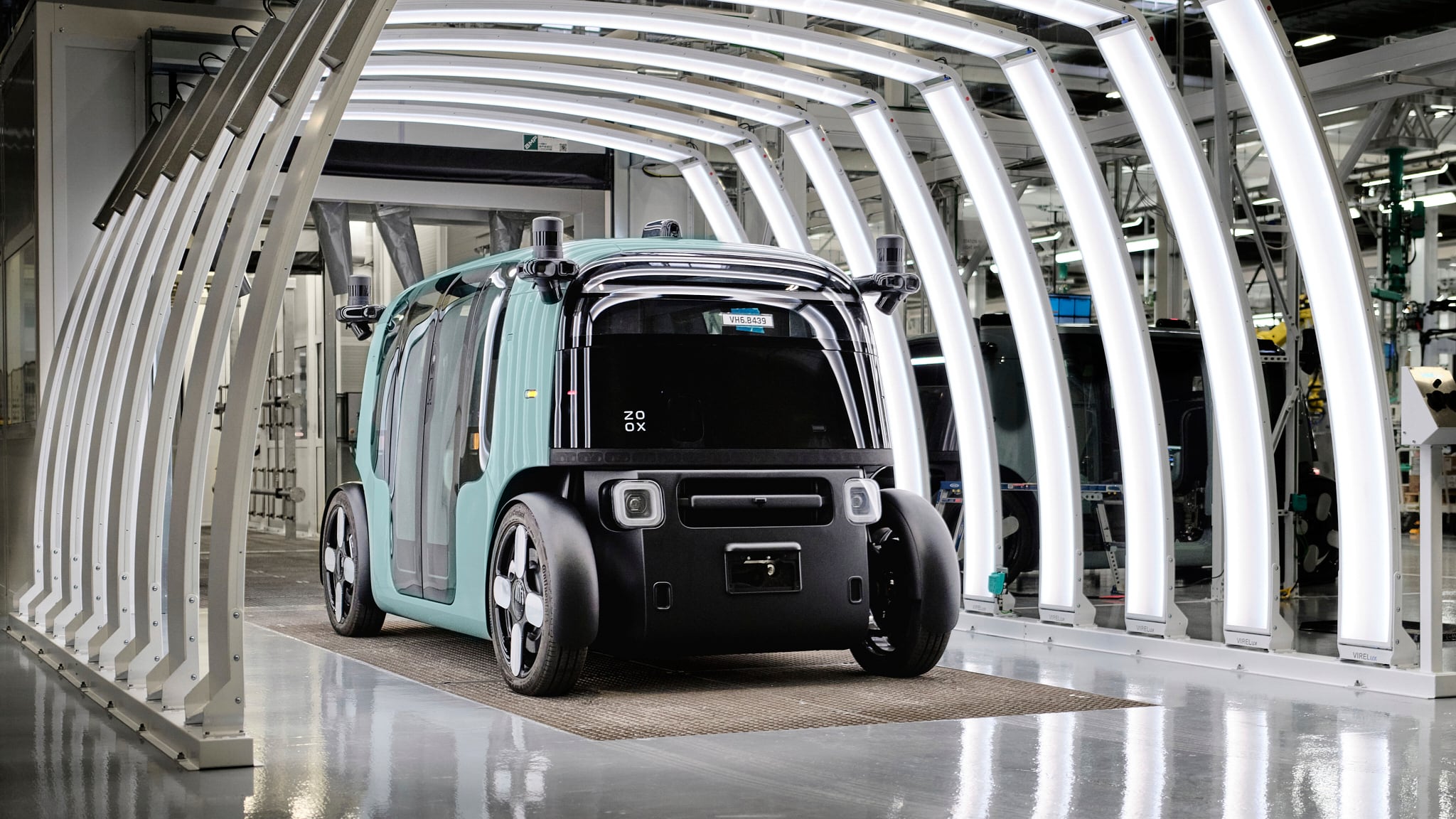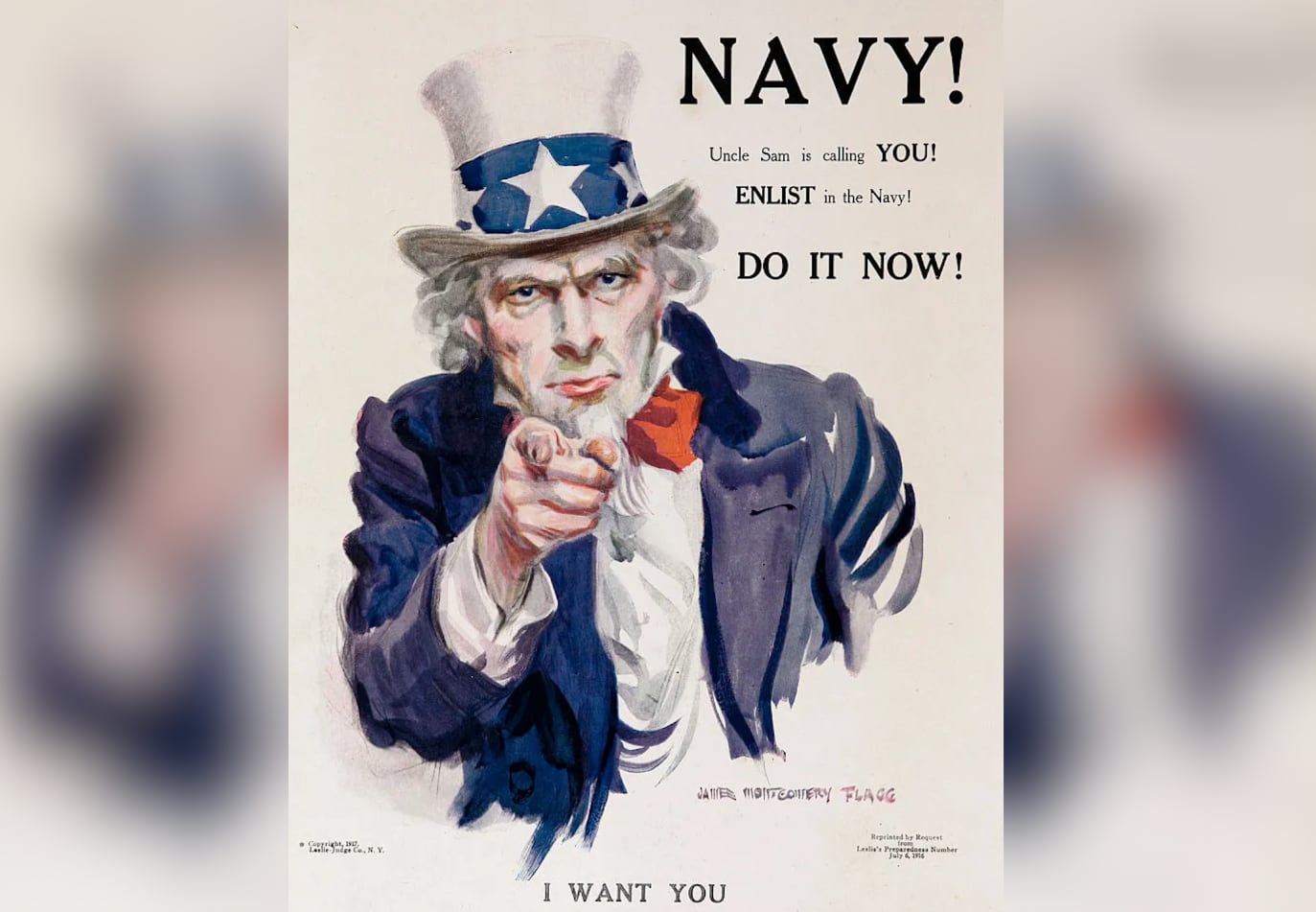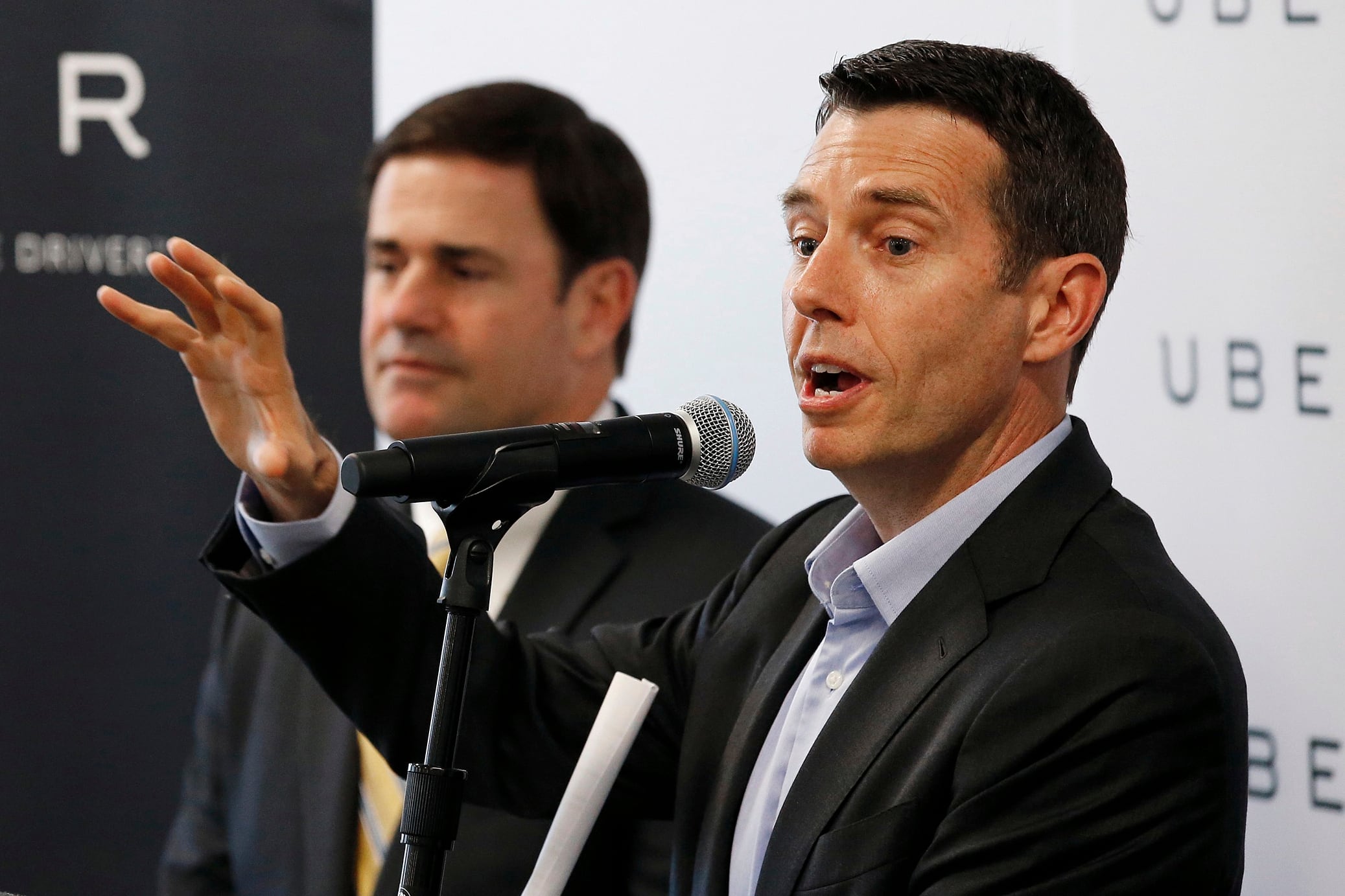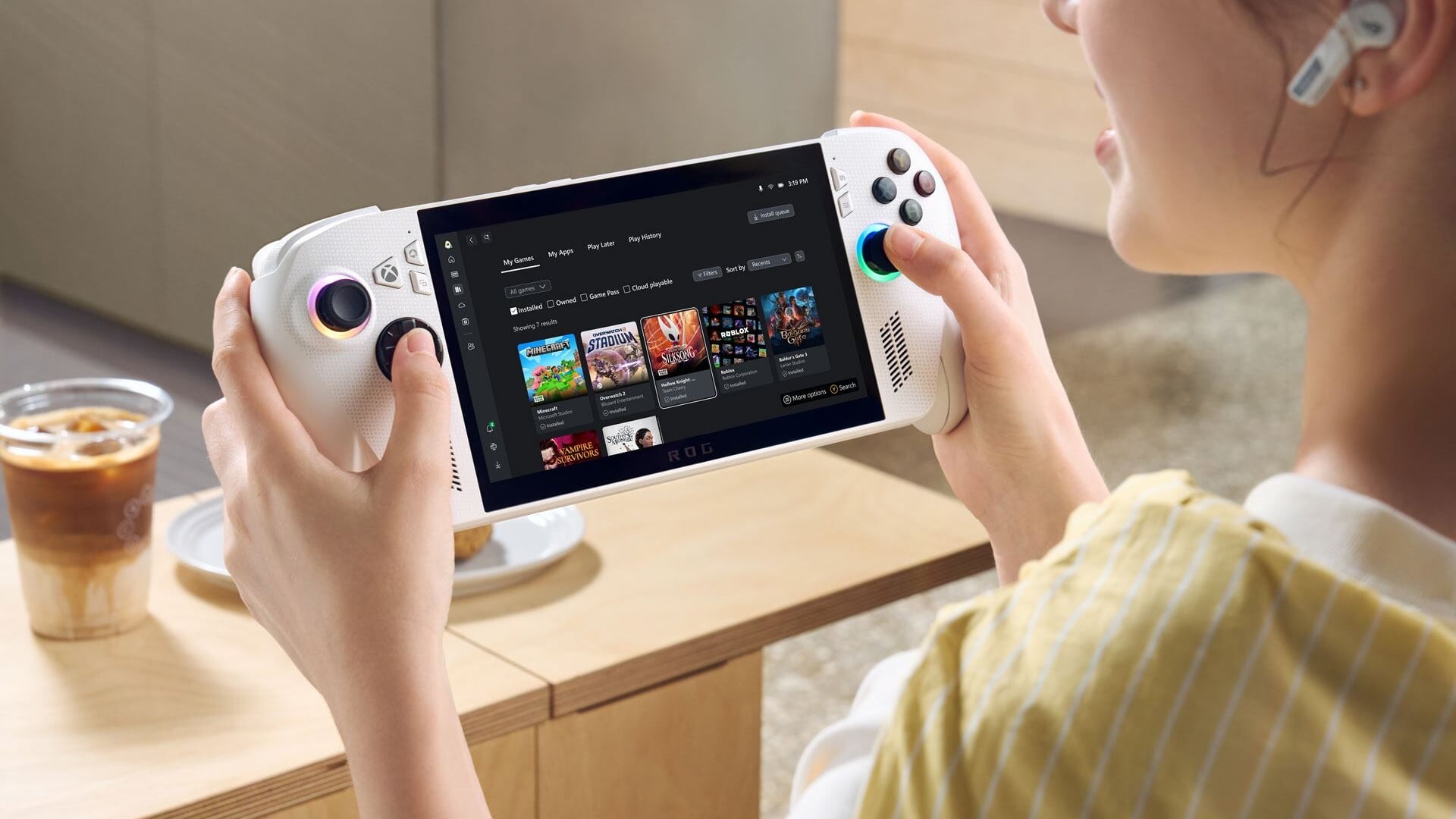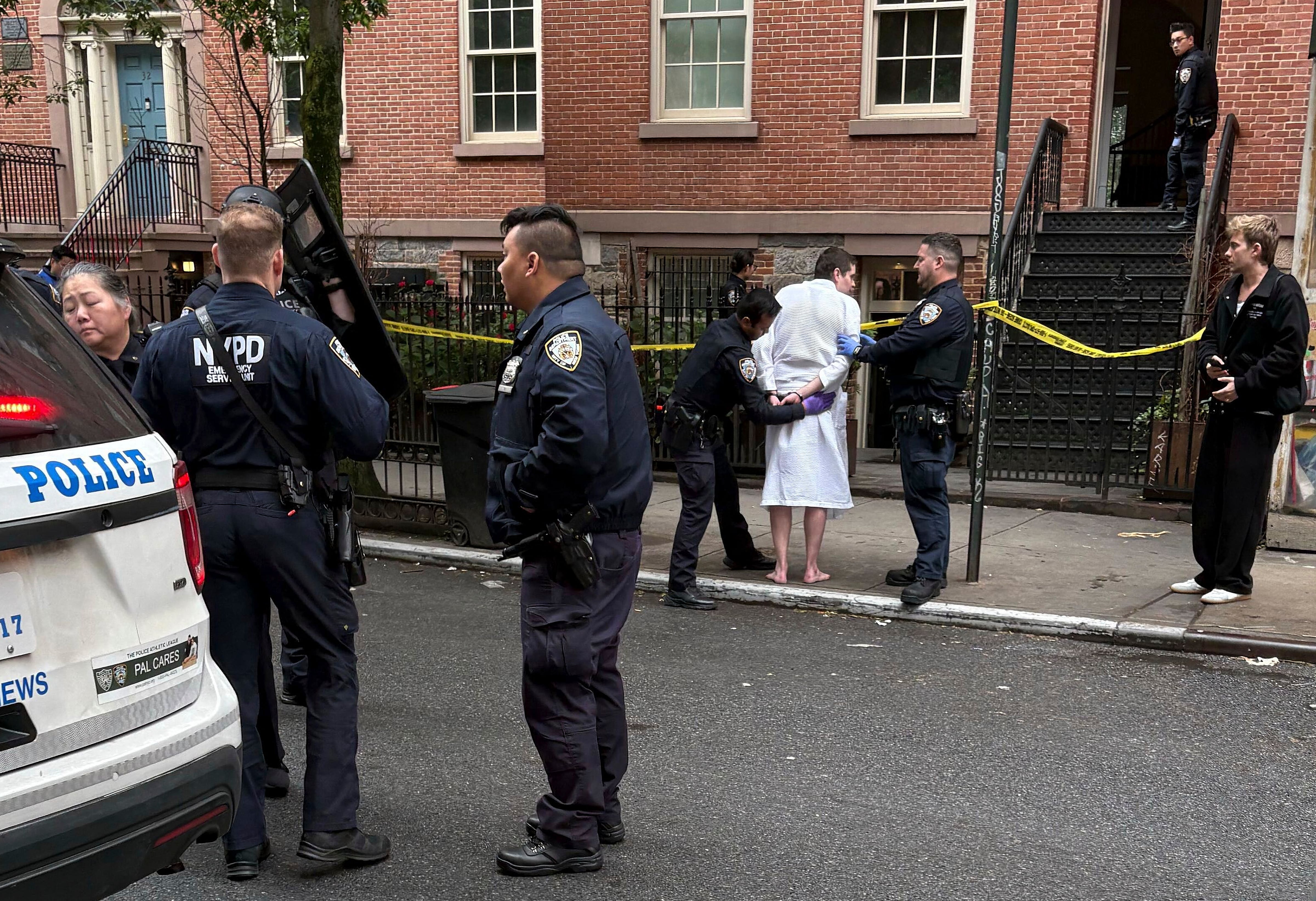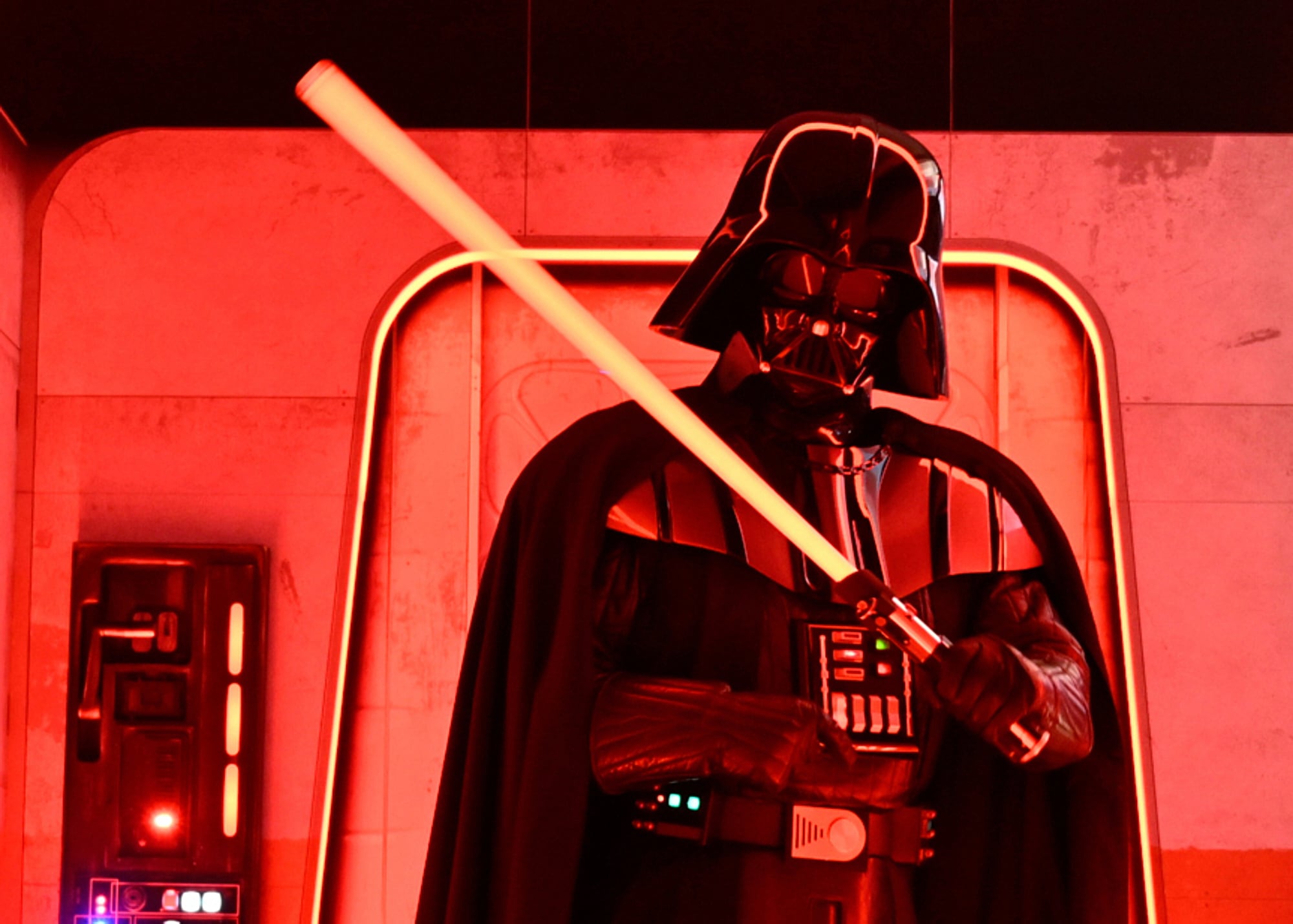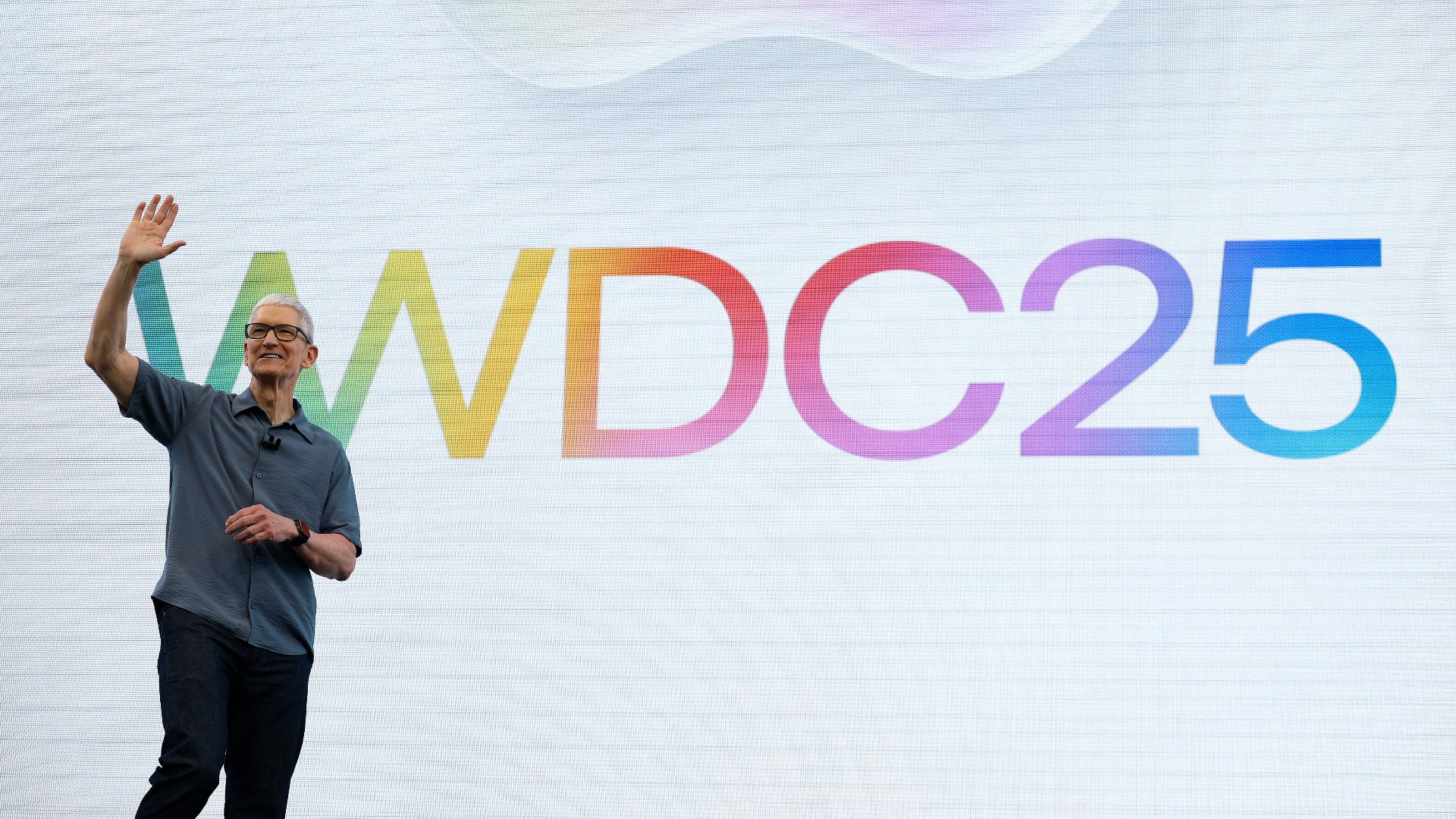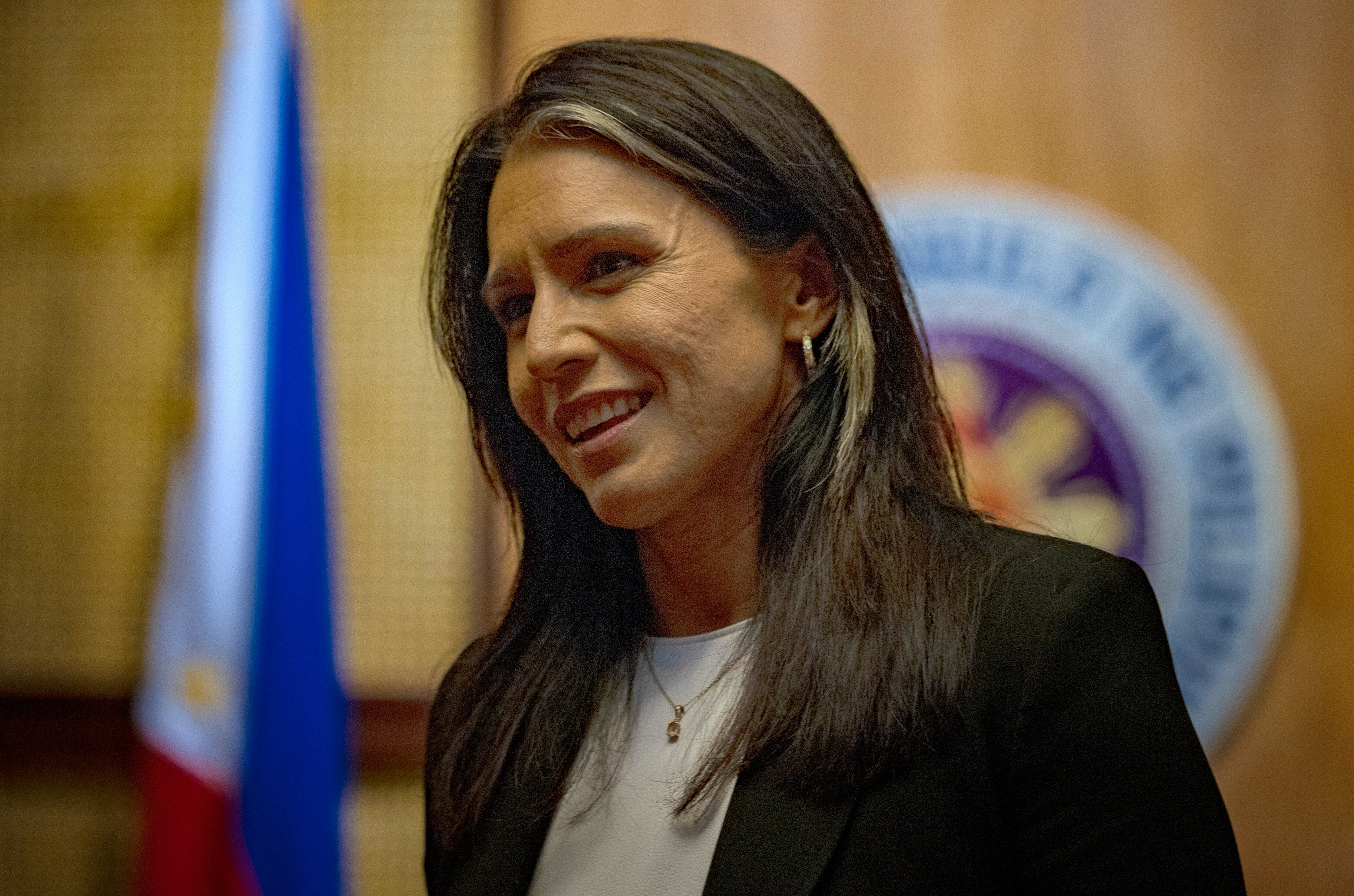Fantasy sports platform DraftKings is betting on sports gambling, CEO Jason Robins told Cheddar at SXSW. It’s a reversal for the company, which has long held it’s a game of skill, and not a game of chance. But the move all hinges on a pending legal battle in DC. “The Supreme Court is considering New Jersey’s case to allow for sports betting in their state, which, depending on how they rule, could effectively end up removing the federal ban on legalizing and regulating sports wagering,” Robins said. States across the U.S., with the exception of Nevada, have banned sports gambling for 25 years. But in 2012, former New Jersey’s Governor, Republican Chris Christie, signed a bill into law that effectively legalized sports betting. That set off a series of legal challenges from sports leagues, including the NCAA, the NFL, and the NBA. The case landed in front of the Supreme Court in December 2017, with a decision expected in a few months. In anticipation, DraftKings has already started building out a product that would facilitate sports betting and is looking into partnerships with licensed brick-and-mortar casinos and content integration. There is one thing that’s not on the company’s immediate horizon, though: an IPO. “We eventually want to go public, but I don’t think right now is the right time for us. Probably in the next couple years,” Robins said. “There’s still a lot of work we need to do to be prepared to be a public company.” Last week reports emerged that rival FanDuel, with whom the company unsuccessfully tried to merge in 2016, was looking to go public through a so-called reverse merger.
